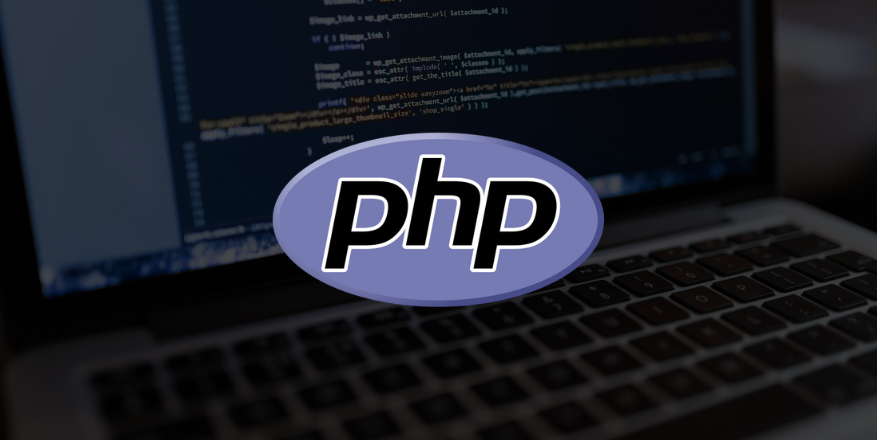Critical PHP Flaw CVE-2024-4577 Exposes Millions of Windows Servers to RCE Attacks

See Also: So, you want to be a hacker?
Offensive Security, Bug Bounty Courses
The vulnerability was reported to the PHP development team by DEVCORE researcher Orange Tsai on May 7, 2024. A patched version addressing the issue was released on June 6, 2024. However, the disclosure of the vulnerability and the availability of proof-of-concept (PoC) exploit code have prompted multiple malicious actors to attempt exploitation, as observed by researchers from Shadowserver and GreyNoise.
Shadowserver reported detecting multiple IPs testing the PHP/PHP-CGI CVE-2024-4577 vulnerability against its honeypot sensors beginning June 7th. GreyNoise also confirmed malicious attempts to exploit this vulnerability.
The advisory specifies that the vulnerability allows unauthorized attackers to execute arbitrary code on remote servers running Windows in the following locales:
- Traditional Chinese (Code Page 950)
- Simplified Chinese (Code Page 936)
- Japanese (Code Page 932)
Trending: Offensive Security Tool: PingRAT
Are u a security researcher? Or a company that writes articles about Cyber Security, Offensive Security (related to information security in general) that match with our specific audience and is worth sharing? If you want to express your idea in an article contact us here for a quote: [email protected]
Source: securityaffairs.com













